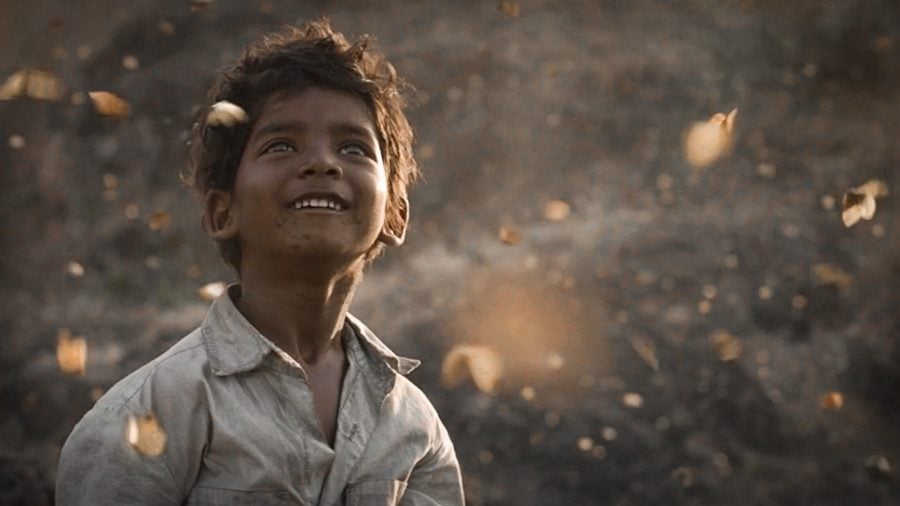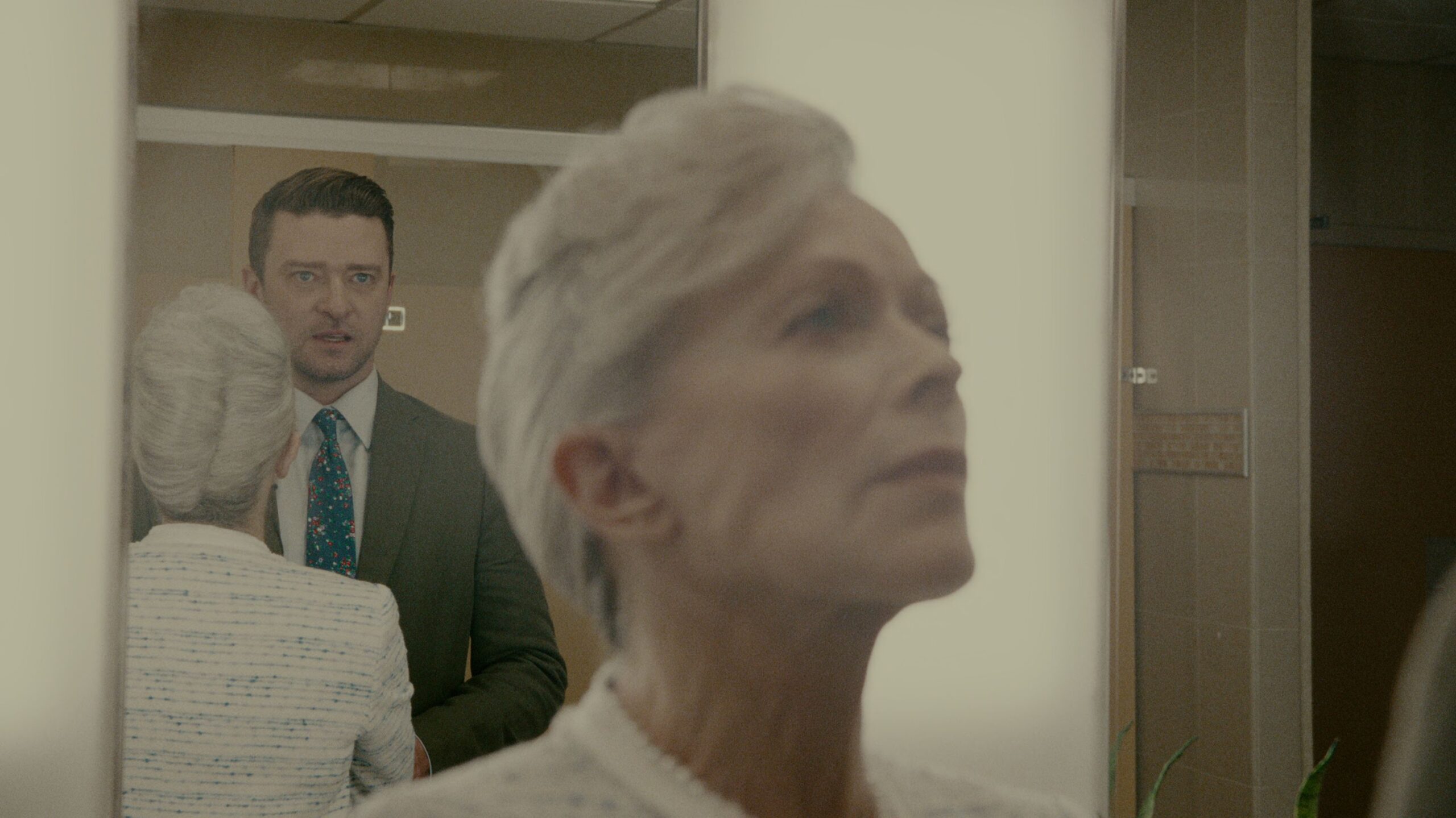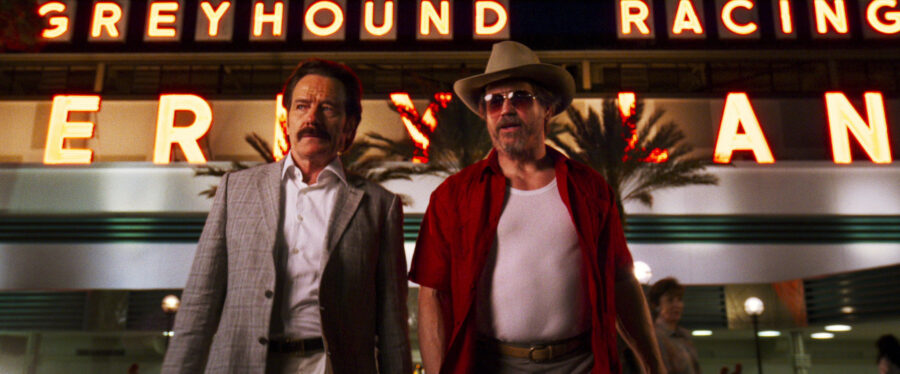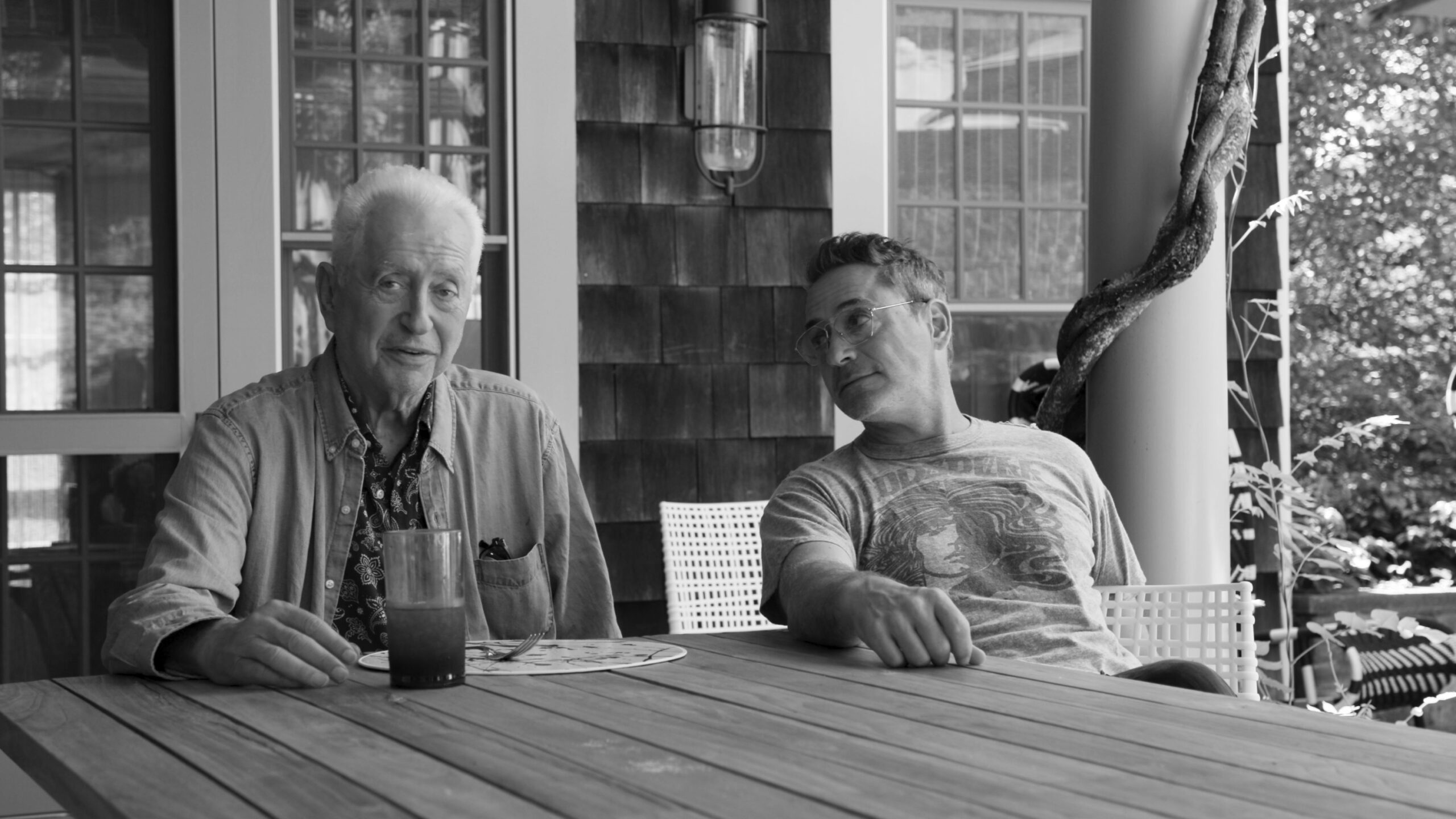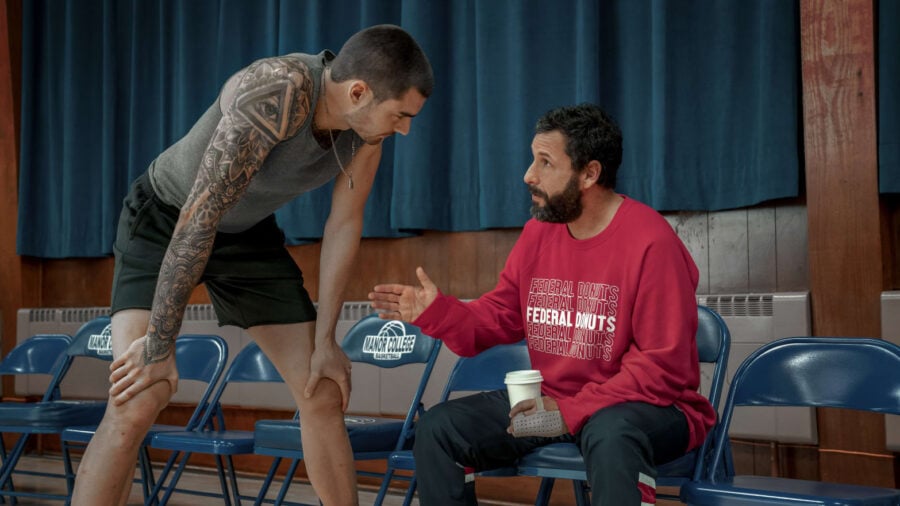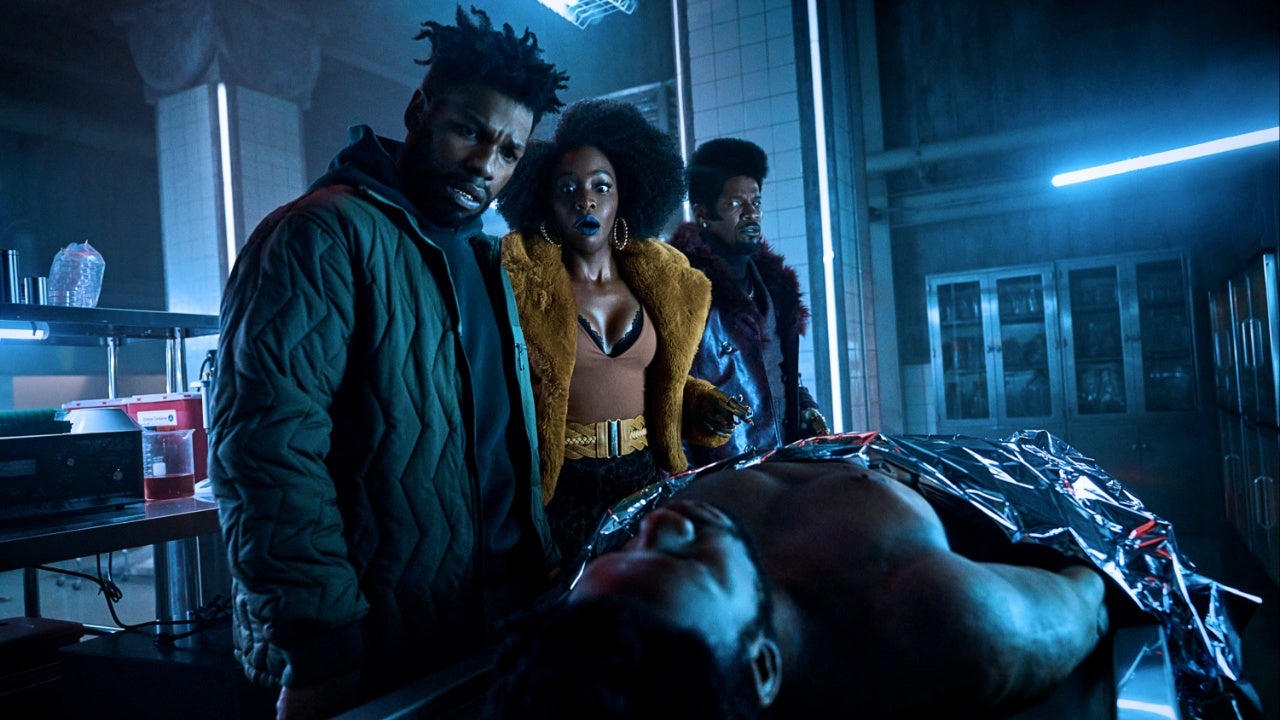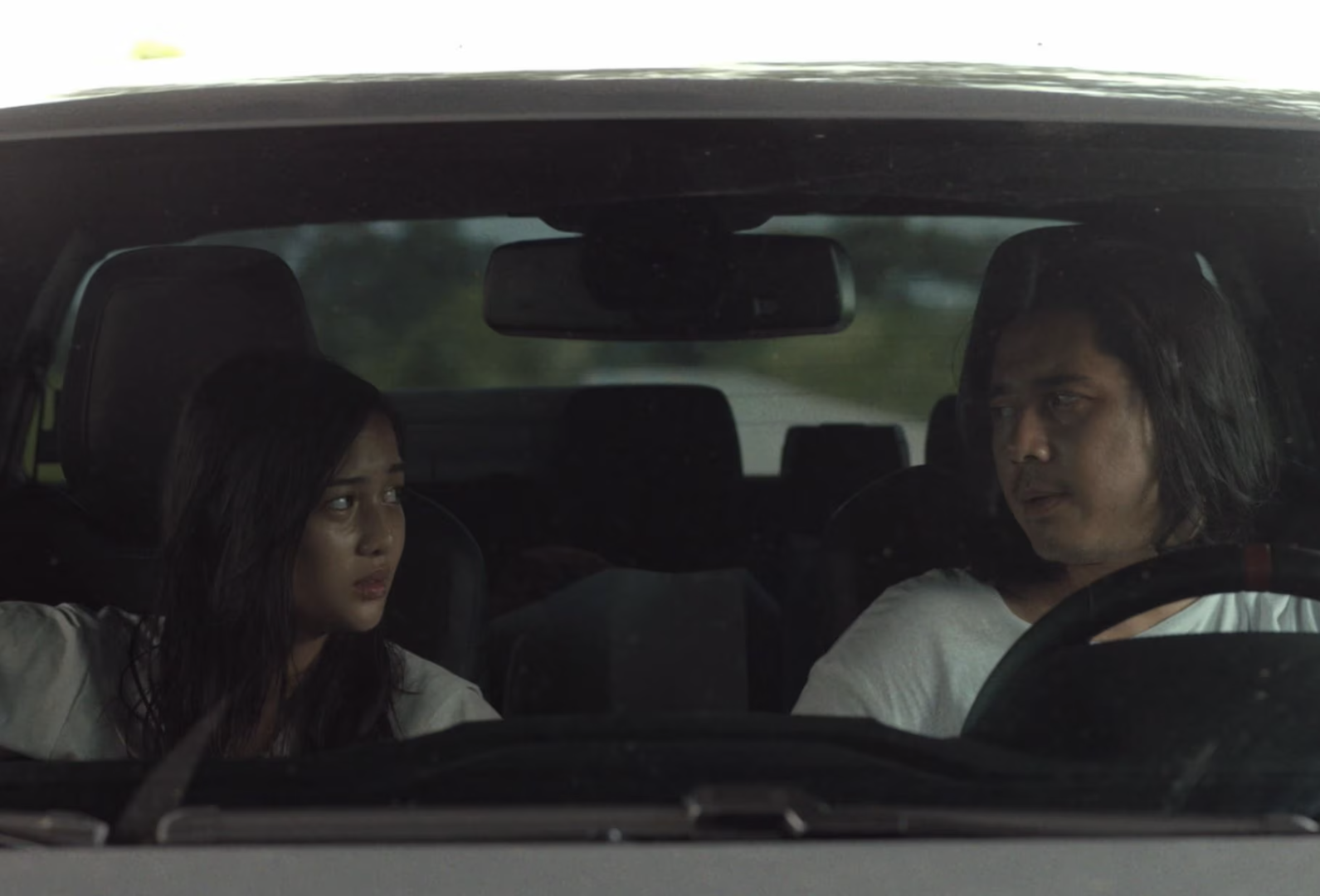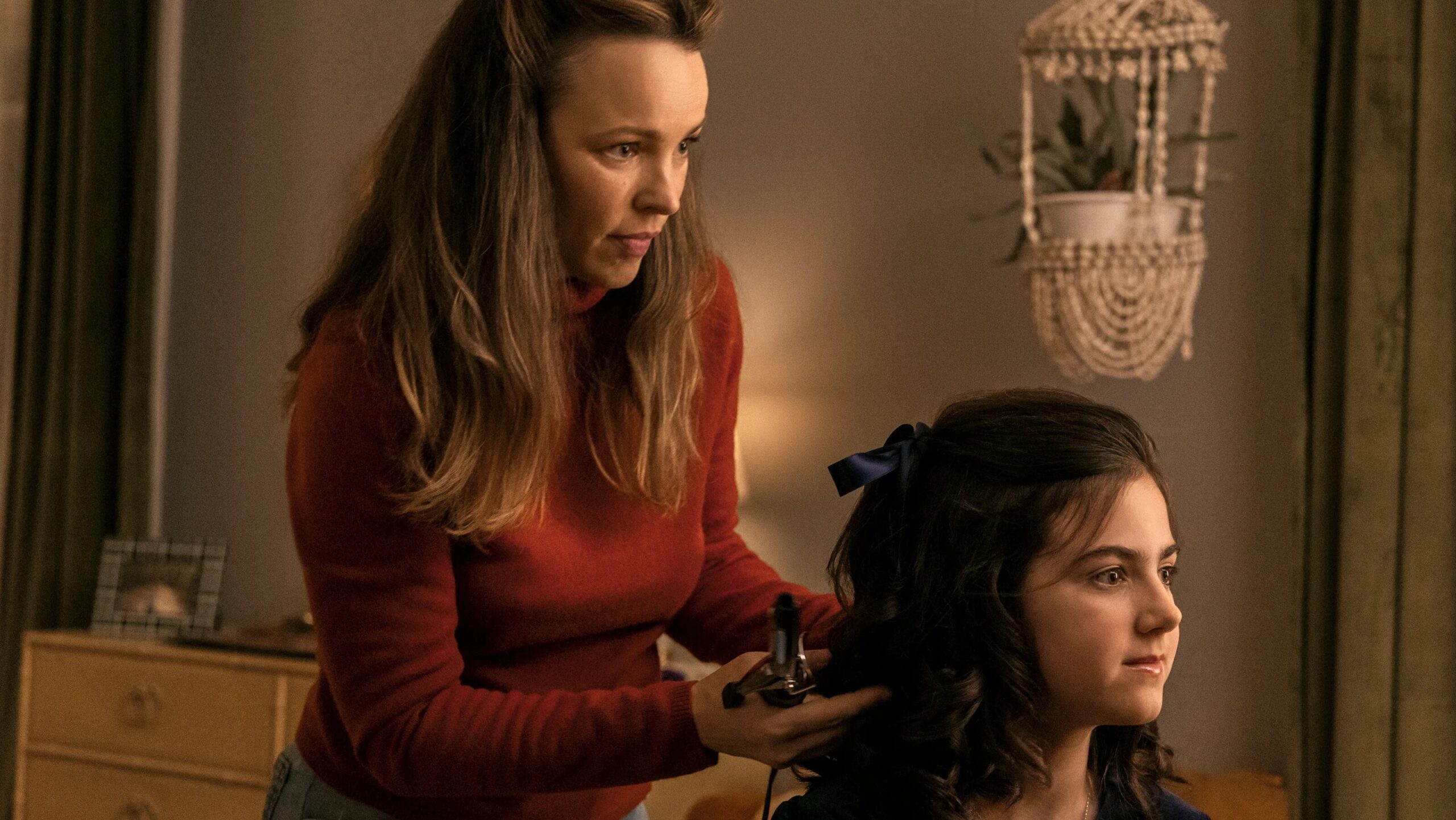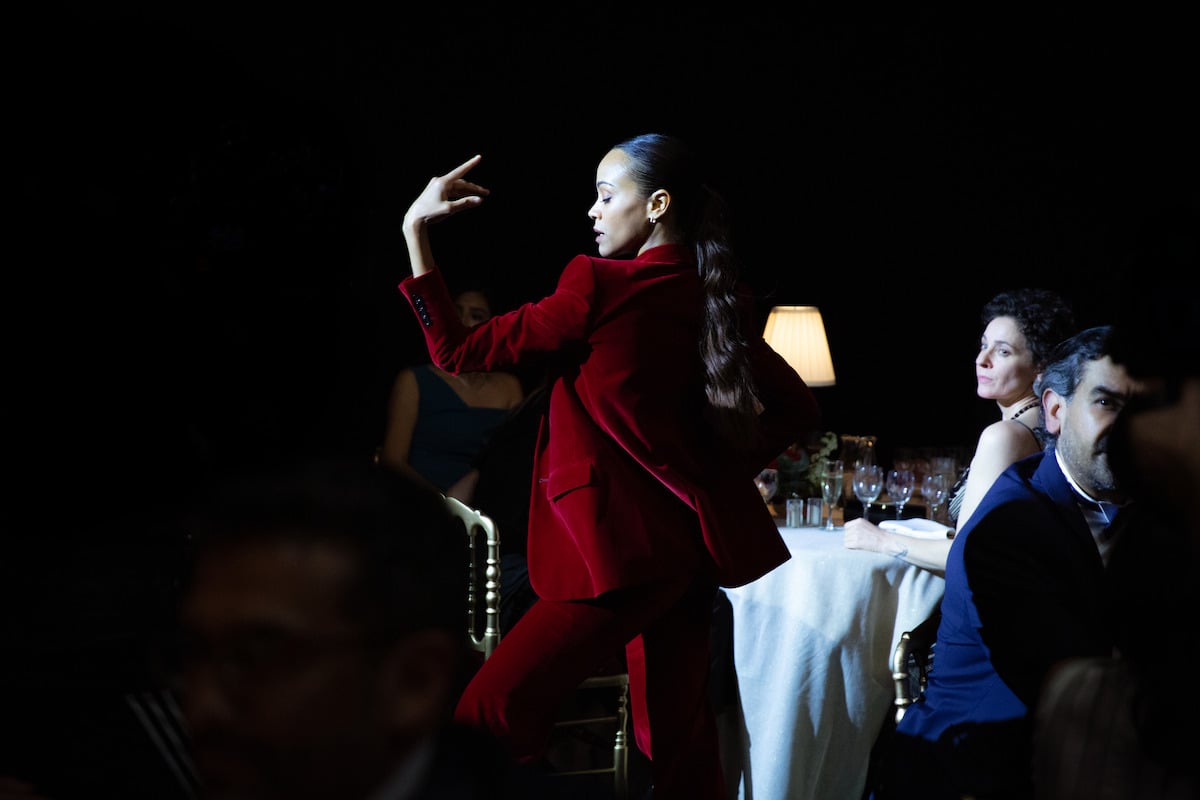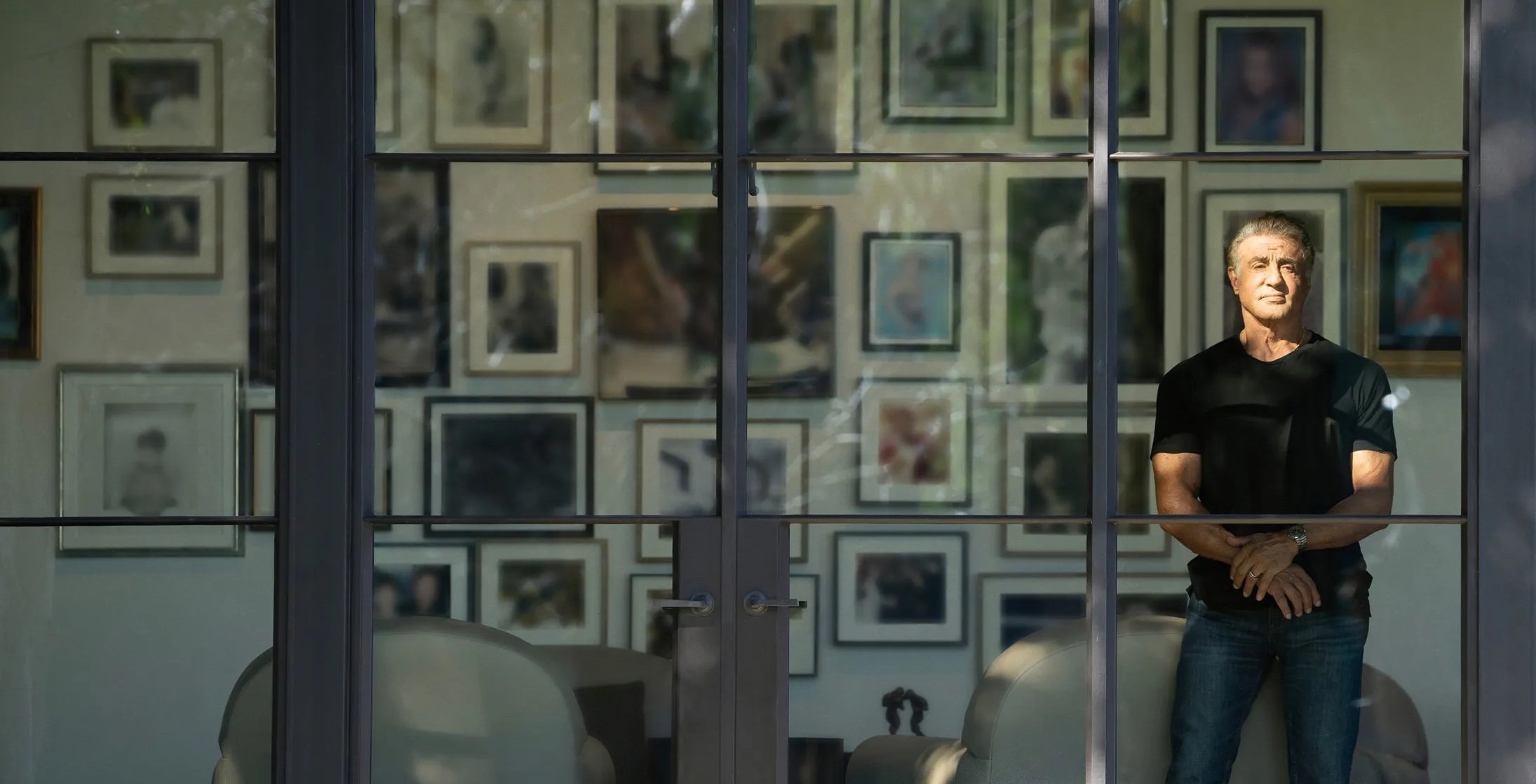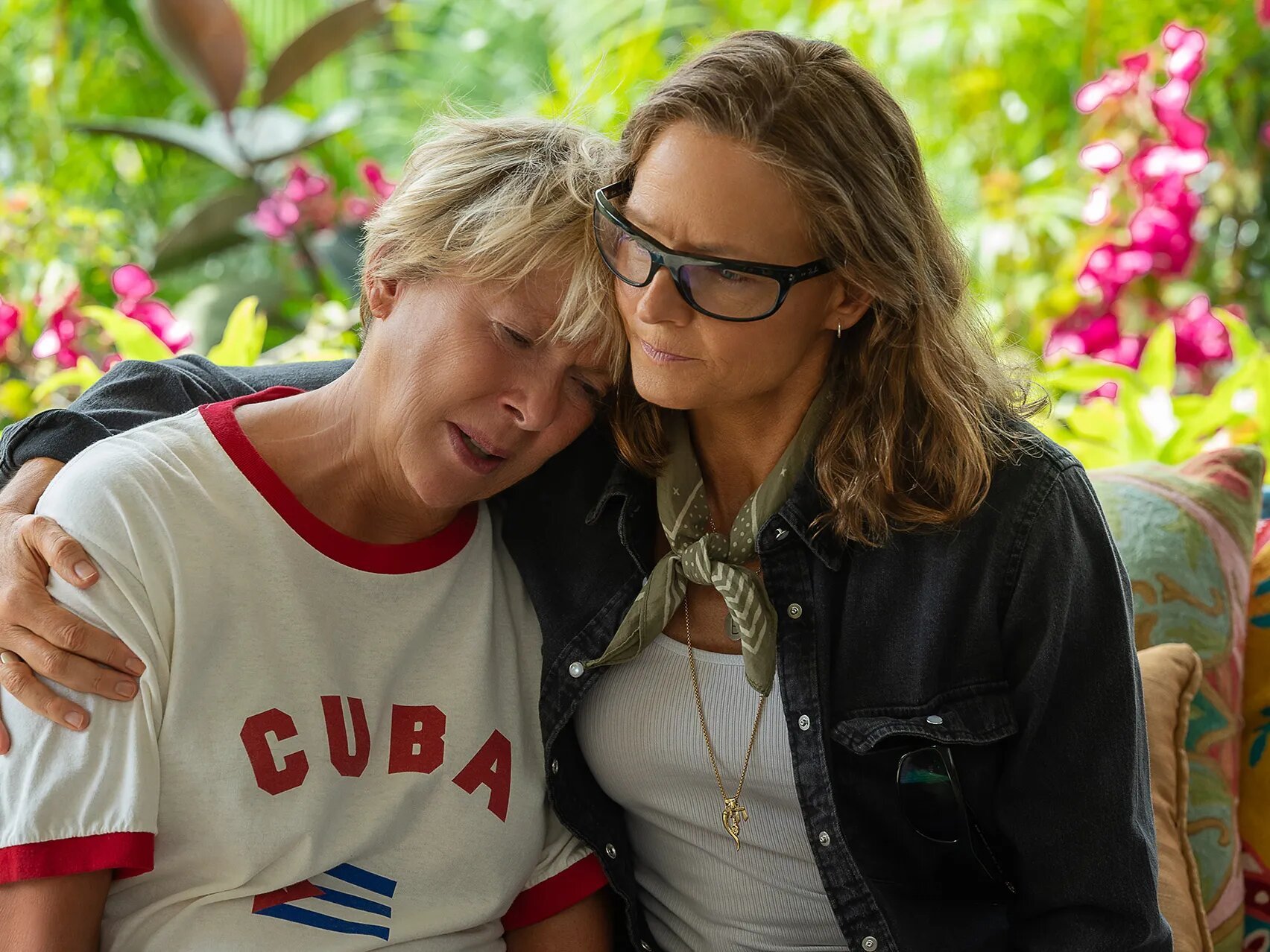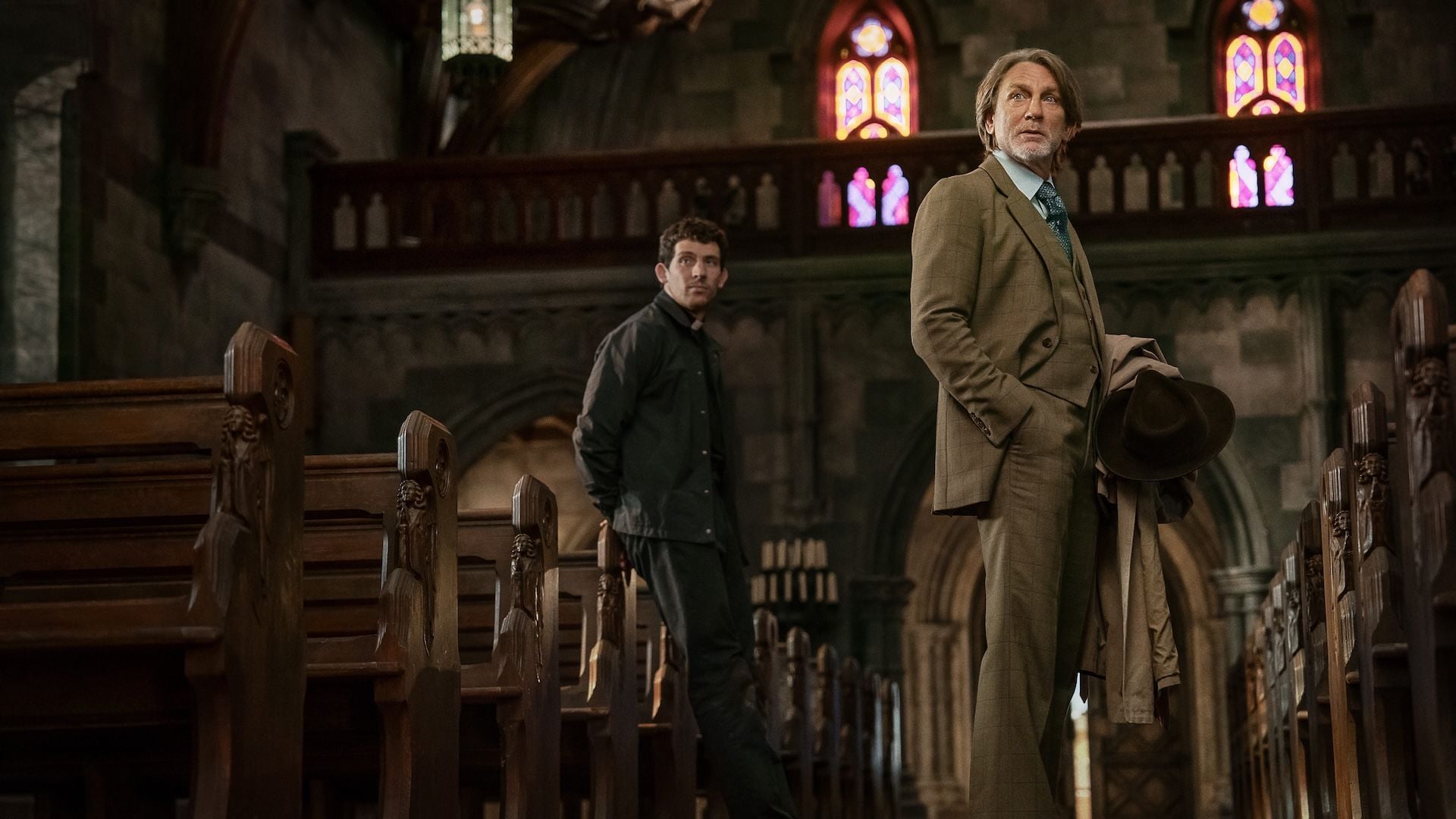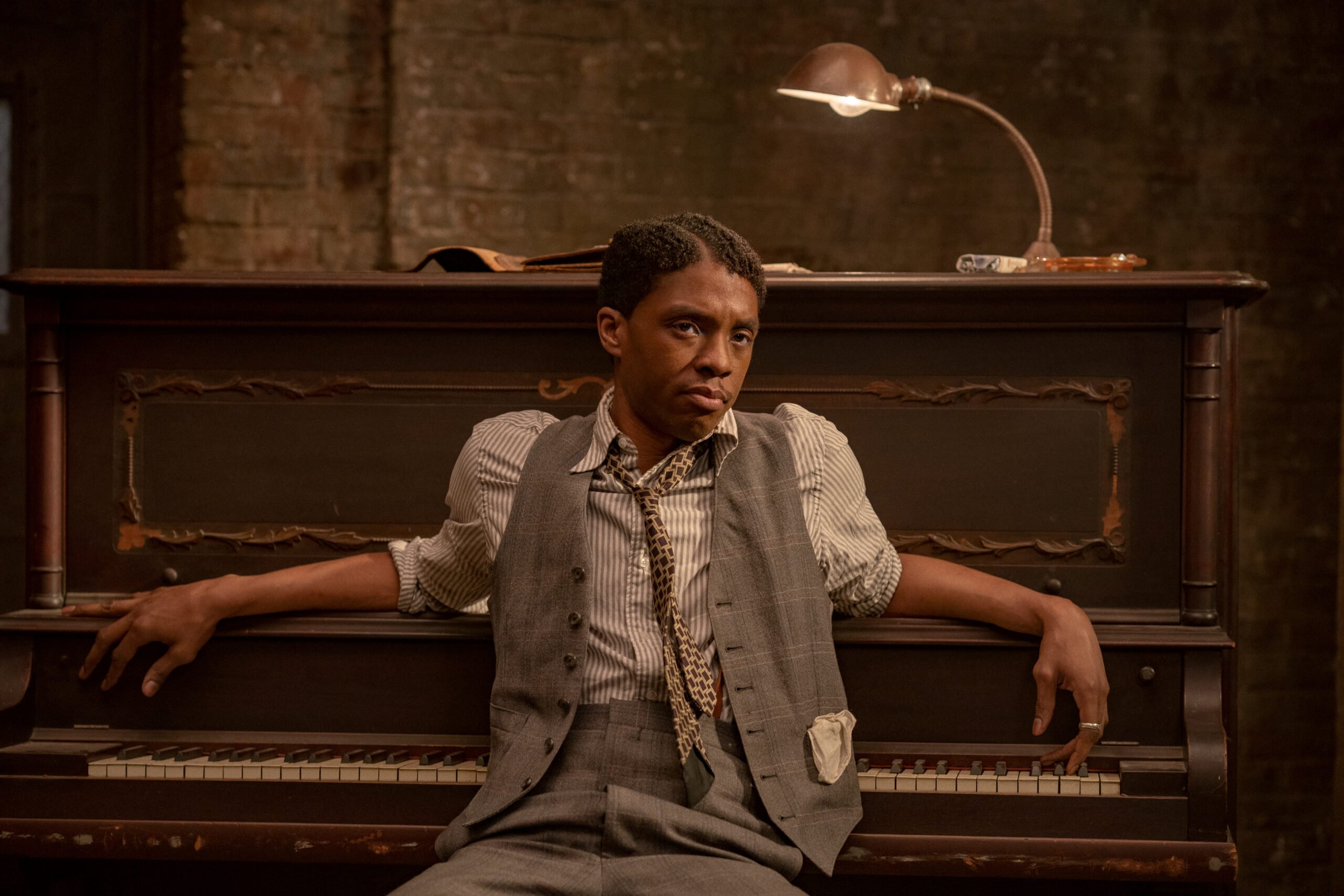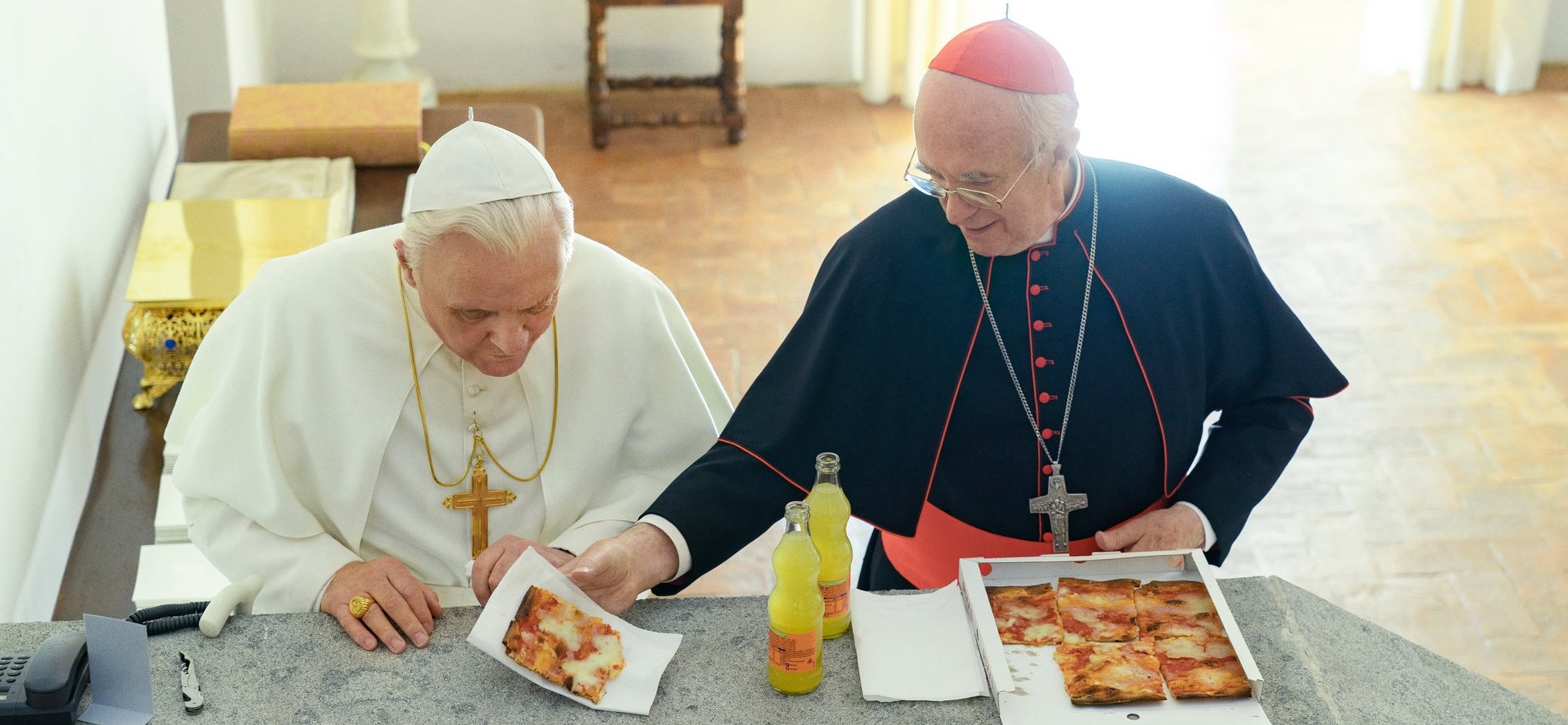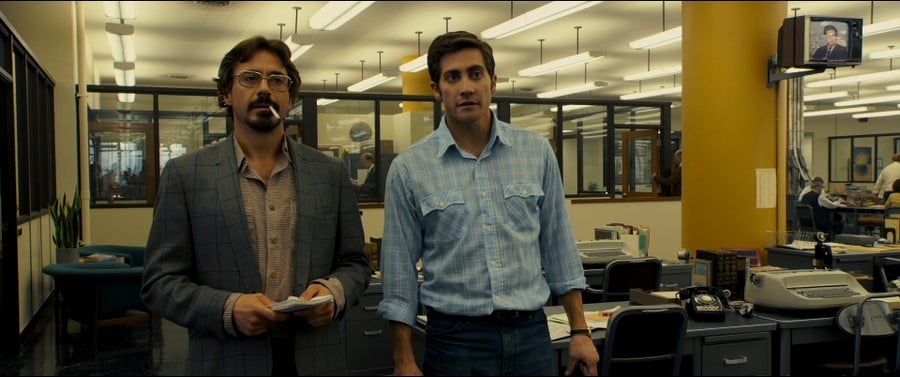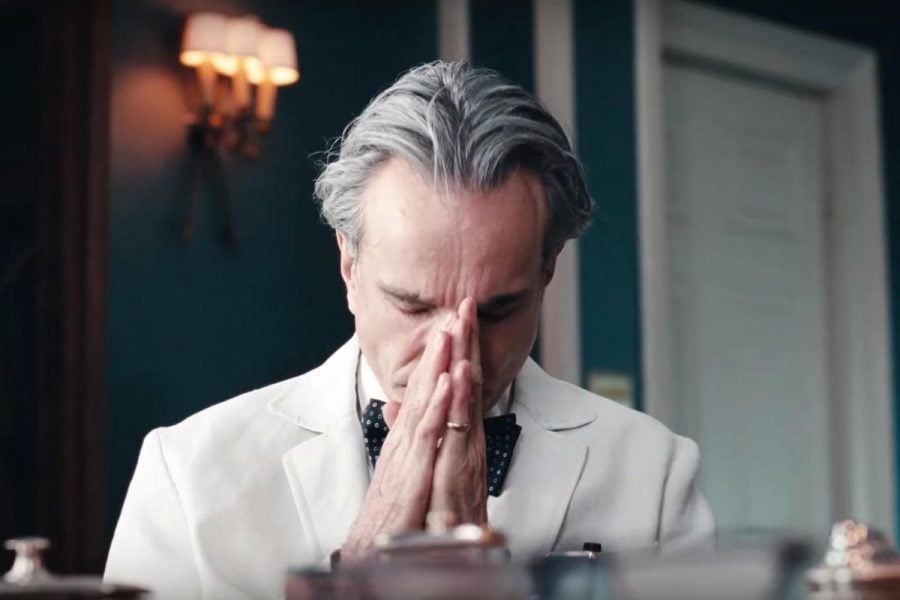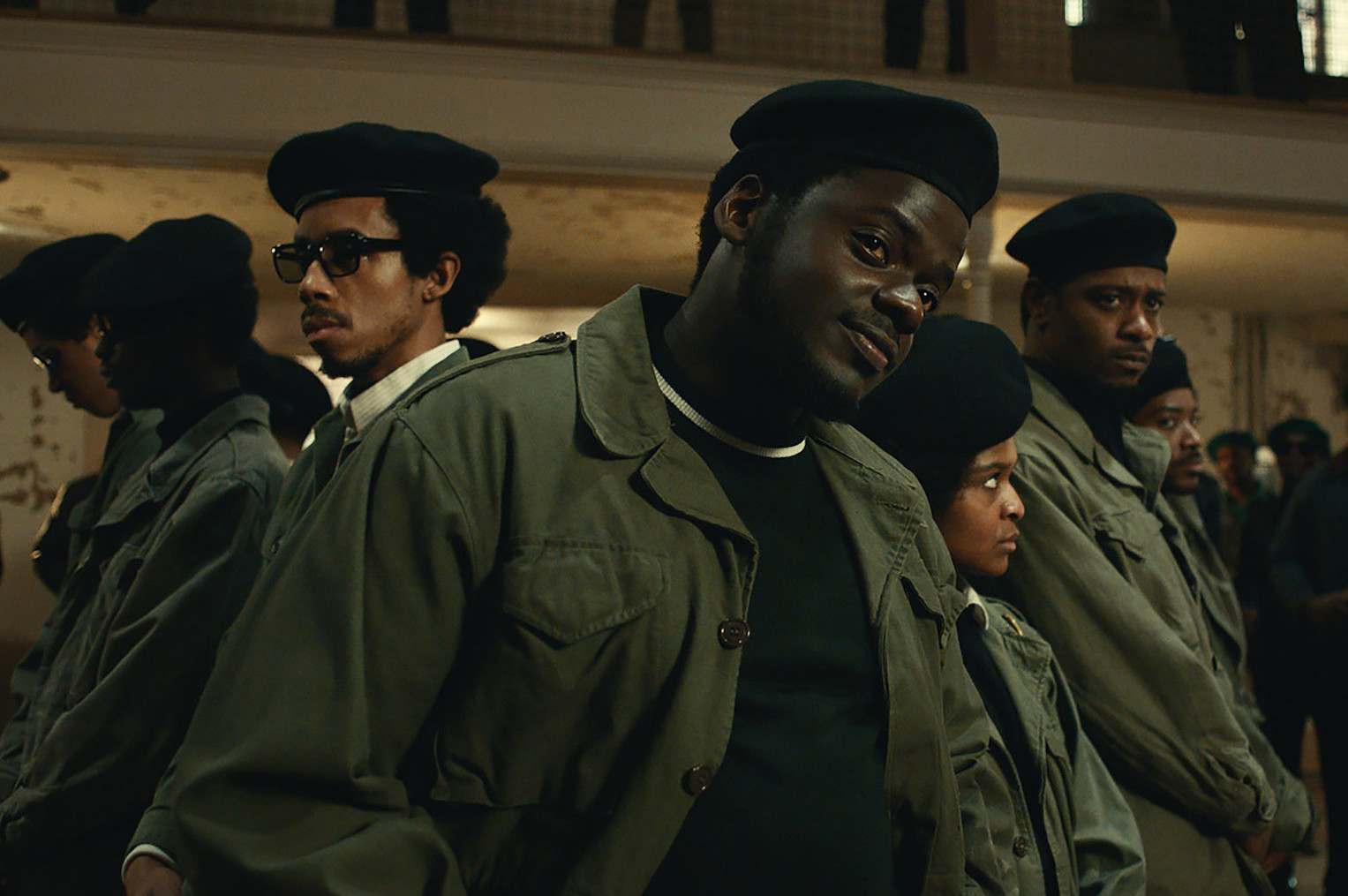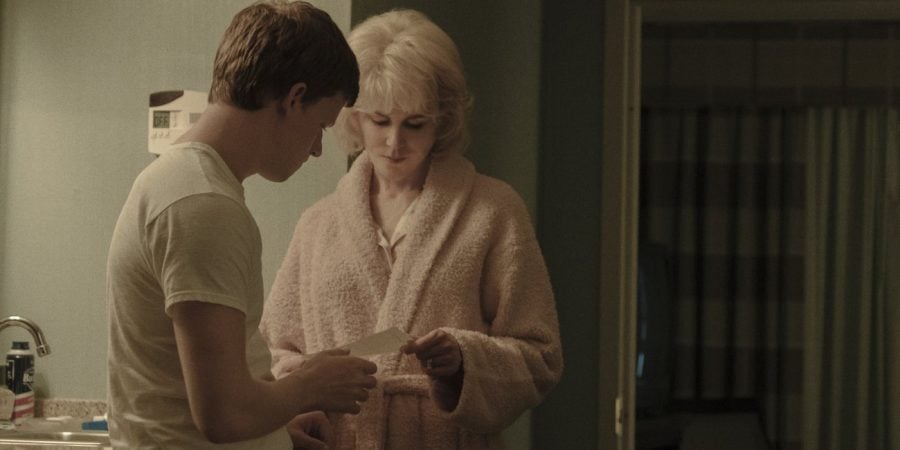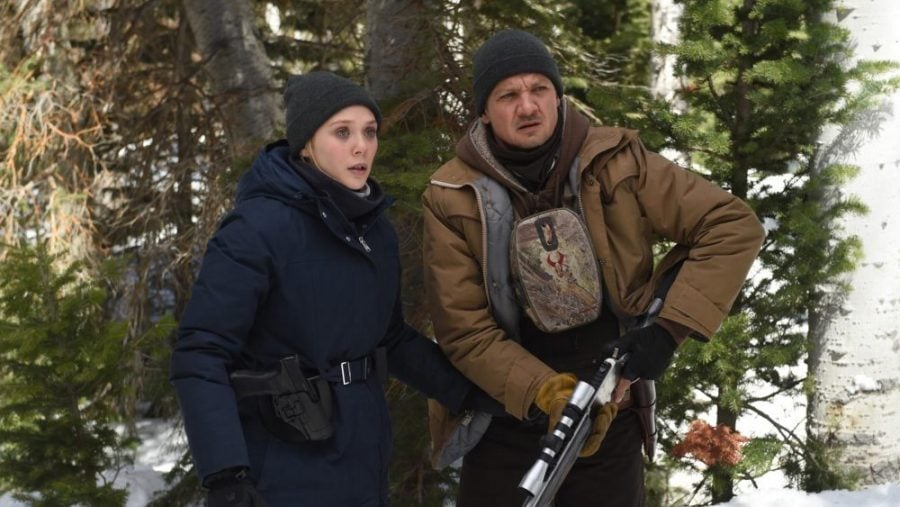20 Movies with A-List Actors on Netflix
Here at agoodmovietowatch, our goal is to lead you to lesser-known but still high-quality movies that might be hidden by your streaming services’ algorithms. One effect of a feed that isn’t curated with real human intention is that some of the weirder, more interesting, or straight-up better performances by well-known actors might not be seen right away. Over the last decade, Netflix has become a prime destination for big-name actors to go—but which films created by or hosted on Netflix really show what these actors are truly capable of? Browse through our list below to get started on discovering a side to the stars you know and love.
Jump to the top 10:
Lion is the award-sweeping movie based on the true story of a kid in India who gets lost in a train and suddenly finds himself thousands of kilometers away from home. 25 years later, after being adopted by an Australian couple, he embarks on a journey through his memory and across continents to reconnect with his lost family. Dev Patel plays Saroo, and Nicole Kidman plays his Australian adoptive mother. Two truly amazing performances that will transport you to the time and place of the events, as well as its emotions spanning tear-jerking moments and pure joy. An uplifting, meaningful, and beautiful movie.
Starring
Dev Patel, Nawazuddin Siddiqui, Nicole Kidman, Rooney Mara
Genre
Drama
Best for moods
A-list actors, Emotional, Heart-warming, Lovely, Thrilling, Touching, True-story-based, Uplifting, Well-acted
Directed By
Garth Davis
You could take away a lot of parts in Reptile, and it would still make sense. It’s the kind of film that leans on sound and style to justify overlong takes and teeth-grittingly predictable scenes. But all is forgiven when del Toro, who also co-writes and co-produces the film, appears on screen. He has a simmering, captivating presence that demands you keep your eyes on him even when little, if anything at all, happens. Silverstone, Eric Bogosian, and Ato Essandoh are likewise enthralling, but Justin Timberlake unfortunately does not hold the same staying power. The film is at its weakest when it tries to convince us that he plays a complex, layered man when, in fact, Timberlake relays nothing but surface-level thrills. But Reptile is at its strongest when it gives us del Toro in all his forceful glory.
Starring
Alicia Silverstone, Ato Essandoh, Benicio Del Toro, Domenick Lombardozzi, Eric Bogosian, Frances Fisher, Justin Timberlake, Karl Glusman, Kurt Yue, Michael Pitt, Owen Teague
Genre
Crime, Drama, Mystery, Thriller
Best for moods
A-list actors, Dark, Dramatic, Slow, Suspenseful, Thrilling
Directed By
Grant Singer
Bryan Cranston, best known for his role as Walter White in the Breaking Bad series, stars as Robert Mazur, a federal agent, who goes undercover to infiltrate the trafficking network of Colombian drug kingpin Pablo Escobar. With the film based on Mazur’s memoir, Bryan Cranston gives an impressive lead performance that captures the intense distress that deep cover can bring. Besides Cranston, co-stars Benjamin Bratt, Diane Kruger, Amy Ryan, and an exceptional John Leguizamo are entirely persuasive and make the film experience enjoyable and intense. The Infiltrator is entertaining and maintains a good pace, with a great cast that makes it a true joy to watch, especially for those who enjoy stories based on real criminals.
Starring
Amy Ryan, Benjamin Bratt, Bryan Cranston, Daniel Mays, Diane Kruger, Jason Isaacs, John Leguizamo, Joseph Gilgun, Michael Pare, Olympia Dukakis, Rubén Ochandiano, Saïd Taghmaoui, Tom Vaughan-Lawlor, Yul Vazquez
Genre
Crime, Drama, Thriller
Best for moods
A-list actors, Dramatic, Intense, Thrilling, True-crime, True-story-based
Directed By
Brad Furman
Robert Downey Sr. was a great asset to American filmmaking. An experimental creative in New York, he made countless movies with his wife and family and didn’t care (as everyone does now) whether it made money or not—only that it made him and the people around him laugh and think and scratch their heads in equal measure.
Sr. is a documentary about this prolific man, as told by his son Robert Downey Jr.
In Sr., we get an intimate look at father and son—their home life, their sometimes-testy relationship, and their different artistic philosophies. It could have delved more into that conflict for some genuinely compelling scenes, but as it is, Sr. stands as an emotionally earnest ode to one of America’s most visionary filmmakers. The love is palpable, and at least as a tribute, that’s really all that matters.
Starring
Alan Arkin, Chris Smith, Norman Lear, Robert Downey Jr.
Genre
Documentary, Drama
Best for moods
A-list actors, Dramatic, Heart-warming, Lovely, Sweet, Touching
Directed By
Chris Smith
Adam Sandler rarely plays a role straight, but when he does, you know it’s good. In Hustle, Sandler is Stanley Sugarman, a basketball scout stuck in the long game, waiting for his chance to finally coach an NBA team. On a recruitment trip to Spain, Stan discovers a talented but unknown player named Bo Cruz. They fly to the US, where Stan and Bo fight against all odds and hustle for a spot in the NBA draft.
Inspiring without being too cheesy and informative without being bogged down by too many details, Hustle is a slam dunk of a film; a gritty crowd-pleaser that’s sure to draw anyone in.
Starring
Adam Sandler, Anthony Edwards, Ben Foster, Fat Joe, Gina Jun, Queen Latifah, Raúl Castillo, Robert Duvall, Sunny Sandler, Thaddeus Daniels
Genre
Comedy, Drama
Best for moods
A-list actors, Character-driven, Dramatic, Funny, Inspiring, Instructive, Warm, Well-acted
Directed By
Jeremiah Zagar
They Cloned Tyrone is a genre-bending gem. It combines Deep State conspiracy theories with sci-fi and social commentary, all while looking like a futuristic 1970s Blaxploitation film. It’s outrageous good fun and pleasing to look at (here is a film that knows how to properly light Black actors), but there are times when it feels too far fetched. The science can get wonky and its commentary on gentrification lacking, but all is forgiven when you have such a strong trio of leads. One of the smartest things They Cloned Tyrone does is pair Boyega with Teyonah Parris, who plays the call girl Yo-yo, and Jamie Foxx, who plays the pimp Slick Charles. They have a fun-loving no-nonsense chemistry about them that makes them easy to attach to and root for. They’re also just very funny, which might be expected of Foxx but it comes as a pleasant surprise for Parris, whose popular turns in Mad Men and WandaVision prove that she’s been severely underutilized as a comic.
Starring
Charity Jordan, David Alan Grier, David Shae, J. Alphonse Nicholson, Jamie Foxx, Jason Burkey, John Boyega, Joshua Mikel, Kiefer Sutherland, Robert Tinsley, Teyonah Parris
Genre
Action, Comedy, Mystery, Science Fiction
Best for moods
A-list actors, Action-packed, Funny, Quirky, Thought-provoking
Directed By
Juel Taylor
In the years since Fan Girl’s original release in the Philippines, its ultimate message and execution has become polarizing: is it enough that the film shows the corruption of a parasocial relationship into an abusive one, without offering much hope? Is its vision of justice actually constructive or disappointingly limited? No matter where you fall, it’s exciting that a movie can stir up these kinds of questions through a bizarre dynamic between characters, in a place that’s clearly set somewhere between reality and delusion. The narrative is circular and frustrating for a reason—a constant push and pull as the titular fan girl keeps getting drawn back into the celebrity’s orbit—and the film only grows more disturbing with each repetition.
Starring
Array
Genre
Drama, Thriller
Best for moods
A-list actors, Challenging, Dark, Gripping, Intense, Original, Raw, Thought-provoking, Well-acted
Directed By
Antoinette Jadaone, Female director
That this film, an adaptation of a beloved classic and girlhood staple for 50 years and counting, is able to retain the same power, charm, and wisdom as the source material by Judy Blume is impressive in and of itself.
Director Kelly Fremon Craig (Edge of Seventeen) turns the must-read novel into a must-see film, as urgent and relevant as ever in its frank portrayal of feminine woes and joys. Buying your first bra, getting your first period, losing a friend, doubting your faith, seeing—really seeing—your family for the first time, and knowing in your heart what you stand for…these are some of the thorny requisites of womanhood, and Craig navigates them with a bittersweet ease that never feels pandering nor patronizing. Like the book, the film honors this young person’s big feelings by centering them in a sprawling story that involves other characters, who are just as fleshed-out as the lead. Rachel McAdams deserves special mention for turning in a sweetly nuanced performance as Margaret’s mother Barbara, an artist attempting to balance her domestic role with her career goals.
The film may be 50 years in the making, but it tells a timeless tale that will continue to hold the hands of teenage girls for generations to come.
Starring
Benny Safdie, Kathy Bates, Rachel McAdams
Genre
Comedy, Drama
Best for moods
A-list actors, Character-driven, Discussion-sparking, Dramatic, Lovely, Sweet, Touching, Warm
Directed By
Female director, Kelly Fremon Craig
The journey of transitioning can be tough, but it’s not likely to be as wild as the journey undertaken by the titular rich mob boss of the crime thriller romance musical Emilia Pérez. It’s pretty surprising, with the incredibly stylish and totally unpredictable ways the plot unfolds, all made possible by the ridiculous all-or-nothing methods and means of a Mexican mob, and it’s a delight to see Zoe Saldaña and Selena Gomez feel at home in their respective Spanish-speaking roles. There are certain moments where the film bites off more than it can chew, but the visuals are stunning, the story is daring, and there’s really nothing like Emilia Pérez right now.
Starring
Edgar Ramírez, Selena Gomez, Zoe Saldana
Genre
Drama, Thriller
Best for moods
A-list actors, Action-packed, Dramatic, Emotional, Funny, Intense, Original, Raw, Thrilling, Weird
Directed By
Jacques Audiard
The mythology surrounding Sylvester Stallone: the action hero is so big and successful that many people, including myself, often forget about Sylvester Stallone: the prolific writer. He failed to bag roles as a young actor in the 1970s, so he whipped out a script (in a span of three days!) that became the iconic film Rocky. Later on, after witnessing the power of elderly entertainers, Stallone rewrote a screenplay that would become the ongoing franchise The Expendables. He’s a hunk in many people’s eyes, nothing more and nothing less, but Sly successfully steers you away from that one-dimensional reputation and reintroduces you to the dramatist and artist Stallone has been all along. The film begins as an immigrant story (Stallone hails from Italy), then turns into a rags-to-riches story (he grew up in a tough New York neighborhood without formal education) before finally transforming into an honest and earnest meditation on superstardom and artistry. Going in, I was wary that this would be just another puff piece on a Hollywood has-been. And while it does have its fair share of schmaltz, I now believe it’s a well-deserved and long overdue ode to Stallone’s unwavering commitment to the power of movies.
Starring
Al Pacino, Anthony Hopkins, Brian Dennehy, Bruce Willis, Burt Young, Chazz Palminteri, Dolph Lundgren, Henry Winkler, Jack Lemmon, Jason Statham, Jet Li, Marlon Brando, Mickey Rourke, Robert De Niro, Sharon Stone, Woody Allen
Genre
Documentary
Best for moods
A-list actors, Easy, Inspiring, Touching, Uplifting
Directed By
Thom Zimny
After winning Oscars for their documentary work, filmmakers Elizabeth Chai Vasarhelyi and Jimmy Chin make their narrative feature debut with Nyad. The move to narrative fiction isn’t a monumental jump for the director duo, whose cinematic documentaries (among them Free Solo and The Rescue) play like nerve-shredding action thrillers and intense human dramas. Nor does Nyad’s subject — another extreme feat of human daring and endurance — make this feel a million miles away from their most famous works.
The most obvious departures from the directors’ documentary strengths — Nyad’s flashbacks and hallucination scenes, for example — do sometimes highlight their newness to narrative filmmaking, however. These scenes feel shallow and therefore disconnected from the movie’s otherwise deeper treatment of its subject, just as the performances dip into outsized cliches at times. Mostly, though, Nyad manages to float above the trap of trying too hard to be an inspirational sports drama thanks to its confrontation of Diana’s prickly personality. This flips the film’s perspective onto that of Diana’s team (including her coach and former girlfriend, played by Jodie Foster), who ultimately suffer the consequences of her stubbornness. That refusal to submit to hagiographic impulses gives the film a documentary-like edge of truth, making the rousing moments here feel genuinely earned.
Starring
Annette Bening, Erica Cho, Jodie Foster, John F. Kennedy, Rhys Ifans
Genre
Drama, History
Best for moods
A-list actors, Character-driven, Dramatic, Feel-Good, Inspiring, Intense, Thrilling, True-story-based, Uplifting
Directed By
Elizabeth Chai Vasarhelyi, Female director, Jimmy Chin
When released during the pandemic, Glass Onion was acclaimed, but not at the same level as its predecessor. This time, however, Wake Up Dead Man rises up as the better sequel to the Knives out franchise. Taking stage in a Catholic parish, the third installment lays its eyes on religion, with the same biting satire poking fun at the various hypocrisies embodied by the ensemble. It’s a dicey subject, but Wake Up Dead Man leans into it, with sharp observations of how faith gets twisted for personal gain, and contrasting it with the earnest belief of Josh O’ Connor’s Rev. Jud Duplenticy. Where Glass Onion feels detached, this case challenges detective Benoit Blanc on both a professional and internal level. Wake Up Dead Man revitalizes the franchise with such a fascinating mystery.
Starring
Andrew Scott, Cailee Spaeny, Daniel Craig, Daryl McCormack, Glenn Close, Jeffrey Wright, Jeremy Renner, Joseph Gordon-Levitt, Josh Brolin, Josh O'Connor, Kerry Washington, Thomas Haden Church
Genre
Drama, Mystery, Thriller
Best for moods
A-list actors, Character-driven, Dramatic, Funny
Directed By
Rian Johnson
This adaptation of a tragedy by Pulitzer Prize-winning playwright August Wilson might retain the mostly minimal setting of its source material — two rooms in a Chicago recording studio — but the searing performances at its heart more than warrant the translation to the big screen. A ferocious Viola Davis plays the titular ‘Mother of the Blues’, a fiery artist whose diva-ness is powerfully revealed to be a matching of the same transactional energy with which she’s treated by her white managers.
On a steamy day in the roaring 1920s, one of Ma’s recording sessions morphs into a tinderbox of debate on art, race, and these exploitative power dynamics that exist at their intersection. As her band awaits her characteristically late arrival, its members tease, and then bicker, and finally erupt at one another. The youngest musician, Levee (Chadwick Boseman), is the most hot-headed — in his older band-mates’ eyes, he’s an arrogant young upstart with delusions of grandeur, but Levee’s ambitions are powered by real pain, as revealed in a blistering monologue. The film is unabashedly stagy in many respects, a quality that can work both ways — but, ultimately, the crackling current that runs through Davis and Boseman’s acting gives the movie all the blazing, goosebump-inducing immediacy of a live performance.
Starring
Colman Domingo, Daniel Johnson, Glynn Turman, Jeremy Shamos, Jonny Coyne, Joshua Harto, Viola Davis
Genre
Drama, Music
Best for moods
A-list actors, Character-driven, Discussion-sparking, Dramatic, Emotional, Intense, Well-acted
Directed By
George C. Wolfe
You wouldn’t expect two old men discussing God and politics to be deeply intriguing, but I suppose it’s different when you have Hopkins and Pryce leading the whole thing. Nothing overly dramatic happens between the two (those parts are saved for the flashbacks, which are just as compelling), but they manage to make every discussion, every point, and even every word feel heavy with the weight of their guilt and hope. These two are proof that good acting can be carried by the tiniest lilt in tone and shift in gesture. You don’t have to be a Catholic or be interested in God at all to appreciate the great performance and touching vulnerability at the heart of The Two Popes.
Starring
Anthony Hopkins, Germán de Silva, Jonathan Pryce
Genre
Drama, History
Best for moods
A-list actors, Thought-provoking, True-story-based
Directed By
Fernando Meirelles
Not everybody holds a good relationship with their sisters, but ideally, we get to reunite and repair things in a good time. Unfortunately, for some families, the only time they reunite is due to a parent nearly dying. This is the case in His Three Daughters, where the three sisters meet after years living apart. It’s a common plotline, mostly depicted in the feel-good, family friendly variation, but writer-director Azazel Jacobs makes the three sisters distinct by taking the easy assumptions many people would make about them, and naturally push them to reveal the opposite. Carrie Coon, Natasha Lyonne, and Elizabeth Olsen form a great trio, delivering equally excellent performances under the same roof.
Starring
Carrie Coon, Elizabeth Olsen, Jovan Adepo, Natasha Lyonne
Genre
Comedy, Drama
Best for moods
A-list actors, Challenging, Character-driven, Grown-up Comedy, Intense, Raw, Slice-of-Life, Thought-provoking, Warm, Well-acted
Directed By
Azazel Jacobs
Zodiac is an edge-of-your-seat thriller that knows exactly when to be slow and when to pick up the pace. Director David Fincher delivers what he was admired for in movies like Se7en and Fight Club (and more recently Gone Girl), and that is an intelligent, not necessarily satisfactory, gripping film. The ensemble cast including a surprisingly fitting Jake Gyllenhaal and Robert Downey Jr. gives a great performance that helps embody the true-life mystery around San Francisco’s Zodiac killer. Fans of the series True Detective will love this film.
Starring
Anthony Edwards, Brian Cox, Chloë Sevigny, Dermot Mulroney, Donal Logue, Elias Koteas, Jake Gyllenhaal, Jimmi Simpson, John Carroll Lynch, Mark Ruffalo, Robert Downey Jr.
Genre
Crime, Drama, Mystery, Thriller
Best for moods
A-list actors, Action-packed, Suspenseful, Thrilling, Well-acted
Directed By
David Fincher
A flawless Daniel Day‑Lewis stars in this thought-provoking romance. He plays a successful dressmaker in post-second-World-War London who falls for a waitress while on an excursion to the countryside. It’s hard to tell you what this movie is about without ruining the story for you but I can tell you how it made me feel: it kept me guessing the whole time. Day-Lewis’ character is so masterfully played that I felt that every move he made was calculated and that every line meant something. Plus, expect stunning dresses, beautiful country-side sequences, and an all-around gorgeous aesthetic experience.
Starring
Brian Gleeson, Daniel Day-Lewis, Gina McKee, Grant Crookes, Harriet Sansom Harris, Julia Davis, Lesley Manville, Phyllis MacMahon, Richard Graham, Vicky Krieps
Genre
Drama, Romance
Best for moods
A-list actors, Romantic, Thought-provoking, Well-acted
Directed By
Paul Thomas Anderson
One of the most thrilling biographical films to come out of Hollywood in the 2020s, Shaka King’s exhilarating take on a truly remarkable leader within the Black Panther Party—and the young man who would eventually be twisted into betraying him—also provides a respectful, honest space to voice out progressive views that still aren’t fully embraced in the United States. Much of the film is made up of beautiful, powerful rhetoric, contrasting in fascinating ways with scenes of violence or deception that only remind us how ahead-of-his-time chairman Fred Hampton was and still is. And in a thunderous, Oscar-winning performance, Daniel Kaluuya brings all of Hampton’s words roaring to life while still reminding us of how tragically young this inspirational figure was at the time of his death.
But Judas and the Black Messiah tells an equally powerful second story over this one: that of FBI informant William O’Neal who reluctantly agrees to sell Hampton to the feds, and quickly realizes that he’s been scammed too. Rivaling—and, arguably, besting—Kaluuya’s performance is LaKeith Stanfield, whose tortured and increasingly despairing performance as O’Neal is the stuff of pure Shakespearean drama. Together, both stories ask us what real freedom looks like, and that we believe we can still fight for it.
Starring
Algee Smith, China Shavers, Daniel Kaluuya, Darrell Britt-Gibson, Dominique Fishback, Jermaine Fowler, Jesse Plemons, Khris Davis, Lakeith Stanfield, Lil Rel Howery, Martin Sheen, Robert Longstreet
Genre
Drama, History
Best for moods
A-list actors, Character-driven, Discussion-sparking, Gripping, Instructive, Well-acted
Directed By
Shaka King
Russel Crowe, Nicole Kidman, and the immensely talented young actor Lucas Hedges (Manchester By the Sea) form an amazing pack of talent in this excellent drama. The story is based on the memoir by Garrard Conley, a true story. Set among deeply pious Christians in Arkansas, Hedges plays 18-year-old Jared Eamons, who discovers that he is gay. Crowe plays the father, a car dealer and a preacher, and Kidman the mom, who is a sweet-natured hairdresser with traditional values. When their son comes out to them after concealing his sexuality for some time, they pressure Jared into going to a Christian conversion camp, where his “lifestyle choice” is to be “prayed away”. The unspeakable camp is led by the Victor Sykes, who is as sinister as he is stupid, played with aplomb by Joel Edgerton, the writer and director. It’s a funny sidenote to a serious movie that many actors in this Southern drama are from Australia, including Edgerton, Crowe, and Kidman as well as Red Hot Chili Peppers bass player extraordinaire, Flea, who plays a drill-instructor-type PE teacher at the camp. The powerful performances are indeed what drive this drama and they contribute significantly to telling a story that needed to be told.
Starring
Cherry Jones, Drew Scheid, Flea, Frank Hoyt Taylor, Joe Alwyn, Joel Edgerton, Lucas Hedges, Nicole Kidman, Randy Havens, Russell Crowe, Théodore Pellerin, Tim Ware, Xavier Dolan
Genre
Drama
Best for moods
A-list actors, Tear-jerker, Touching, True-story-based, Well-acted
Directed By
Joel Edgerton
Phenomenal and heartbreaking, Wind River is a true masterpiece by Taylor Sheridan, the man behind Sicario and Hell or High Water. In a Native American Reservation, a local girl is found dead and a young detective (Elizabeth Olsen) tries to uncover the mystery. She is accompanied by a tracker (Jeremy Renner) with his own dark history in the community. It’s not a very rewarding movie at first, so don’t expect an incredibly fast-paced story from the get-go. However, when everything unfolds, it’s not only action-packed, its reflections on indigenous communities are deep and poignant. How this remains a relatively known movie is shocking, it has to be one of the best mysteries of the past 20 years.
Starring
Austin R. Grant, Elizabeth Olsen, Eric Lange, Gil Birmingham, Graham Greene, James Jordan, Jeremy Renner, Jon Bernthal, Julia Jones, Tantoo Cardinal
Genre
Crime, Drama, Mystery, Thriller, Western
Best for moods
A-list actors, Discussion-sparking, Suspenseful, Thought-provoking, Thrilling, Well-acted
Directed By
Taylor Sheridan

